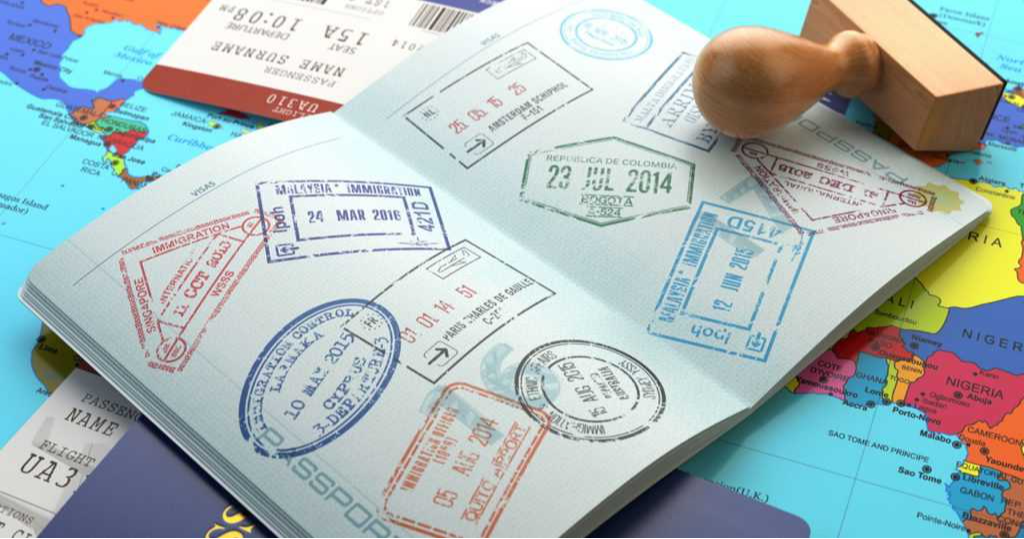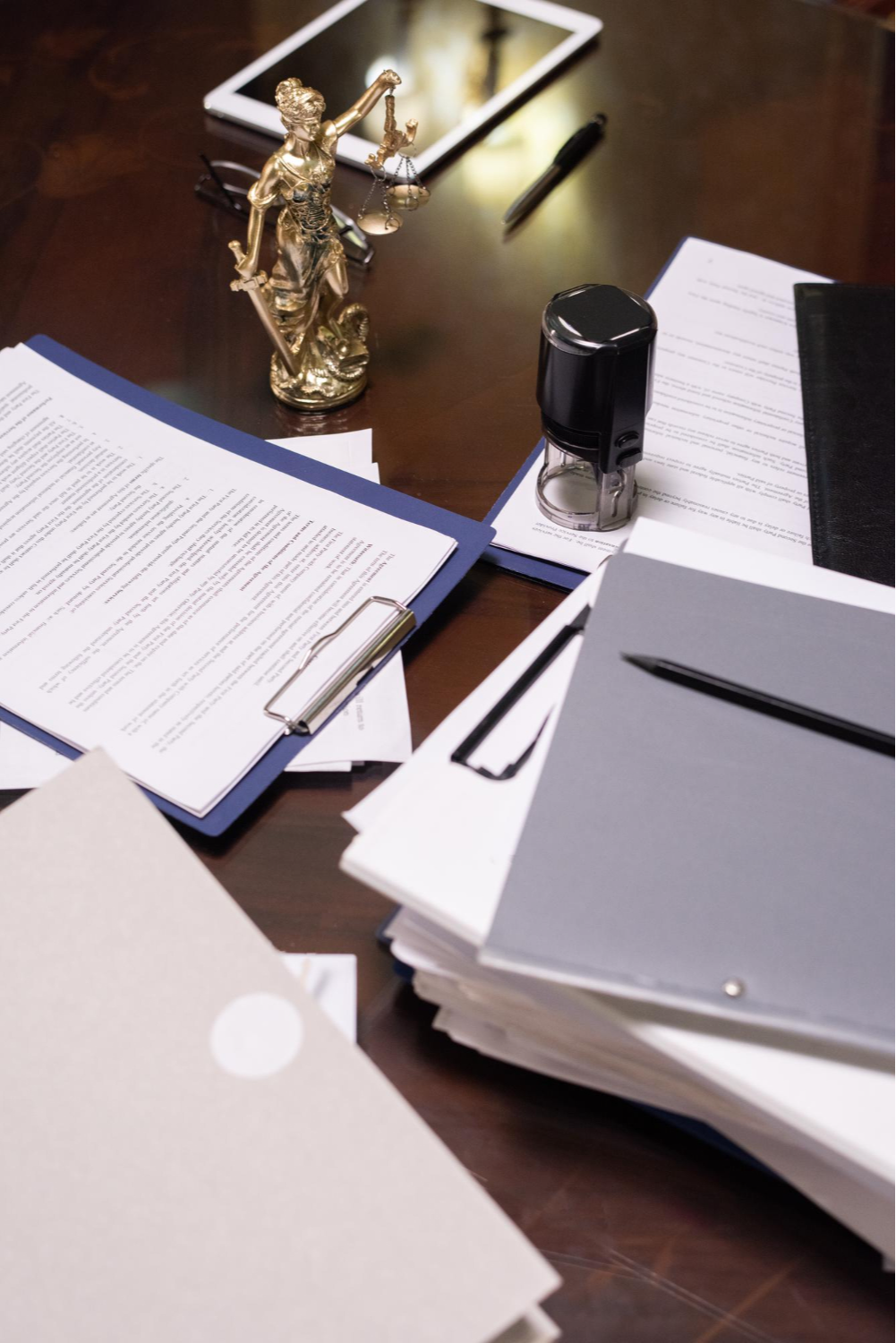Для оформлення візи зазвичай потрібен професійний переклад документів — паспорта, свідоцтв, довідок про доходи, навчання чи місце роботи — мовою країни призначення. У більшості випадків такий переклад має бути нотаріально завірений або підтверджений печаткою бюро перекладів. Текст повинен повністю відповідати оригіналу та містити всі елементи документа, включно зі штампами й підписами. Самостійний переклад не рекомендується, адже консульства висувають чіткі вимоги до оформлення, а будь-які неточності можуть стати причиною відмови у видачі візи.
Отримання візи — відповідальний етап підготовки до подорожі, навчання, роботи чи переїзду за кордон. Однією з ключових вимог більшості консульств є переклад документів для отримання візи. Від якості перекладу залежить швидкість розгляду заяви та фінальне рішення візового офіцера.
Професійний переклад документів гарантує правильне відображення особистих даних, відсутність помилок і відповідність вимогам конкретної країни. Саме тому варто звертатися до спеціалізованих бюро перекладів, які мають досвід роботи з візовими пакетами.
Для чого потрібен переклад документів для отримання візи?
Консульства та візові центри приймають документи лише державною мовою країни, до якої подається заява, або англійською мовою. Якщо ваші документи видані українською, вони обов’язково потребують офіційного перекладу.
Переклад документів для візи потрібен для:
- Підтвердження особи заявника;
- Підтвердження фінансової спроможності;
- Підтвердження місця роботи або навчання;
- Підтвердження сімейного стану;
- Підтвердження мети поїздки.
Без перекладу пакет документів вважається неповним, що може стати причиною відмови у видачі візи.
Особливості перекладу для отримання візи
Візовий переклад має свої особливості та суворі вимоги. Це не просто переклад тексту, а офіційний документ, який використовується у державних установах іншої країни.
Основні особливості:
- Точне відтворення імен, прізвищ та географічних назв відповідно до закордонного паспорта;
- Збереження структури документа;
- Переклад печаток, штампів і підписів;
- Нотаріальне засвідчення або завірення бюро перекладів (залежно від вимог консульства);
- Дотримання термінології офіційно-ділового стилю.
Навіть незначна помилка може призвести до затримки розгляду справи або повторної подачі документів.
Ціни на переклад документів для візи
Вартість перекладу залежить від мови, складності документа, обсягу тексту та терміновості виконання.
Орієнтовні ціни:
- Переклад стандартного документа (паспорт, довідка) — від 200–300 грн за сторінку;
- Переклад з рідкісних мов — дорожче;
- Нотаріальне засвідчення — оплачується окремо;
- Терміновий переклад — з націнкою.
Для візи зазвичай потрібно перекласти кілька документів, тому багато бюро пропонують вигідні пакетні тарифи.
Поширені документи для перекладу
Найчастіше для отримання візи перекладають:
- Закордонний та внутрішній паспорт;
- Свідоцтво про народження;
- Свідоцтво про шлюб або розлучення;
- Довідку з місця роботи;
- Довідку про доходи;
- Виписку з банку;
- Довідку з навчального закладу;
- Довідку про несудимість;
- Запрошення;
- Медичну страховку.
Точний перелік залежить від типу візи (туристична, робоча, студентська, сімейна) та країни призначення.
Вимоги до перекладу
Кожне консульство має власні вимоги, але існують загальні стандарти, яких необхідно дотримуватись:
- Переклад має бути виконаний професійним перекладачем;
- Документ повинен містити підпис перекладача або печатку бюро;
- У деяких випадках потрібне нотаріальне засвідчення;
- Переклад подається разом з копією оригіналу;
- Дані повинні повністю відповідати інформації в анкеті та паспорті.
Рекомендується заздалегідь уточнювати вимоги у візовому центрі або консульстві, щоб уникнути повторного перекладу.
Переклад документів для отримання візи — це обов’язковий етап, який напряму впливає на успішність подачі. Професійний переклад допоможе уникнути помилок, зекономити час і підвищити шанси на позитивне рішення.
Якщо ви плануєте подорож, навчання чи роботу за кордоном, довіряйте переклад документів лише перевіреним фахівцям — це інвестиція у вашу впевненість та спокій.





